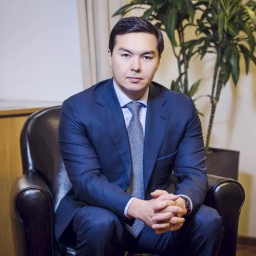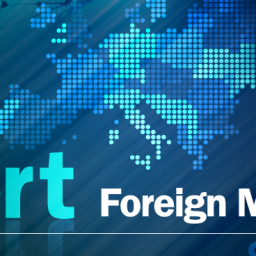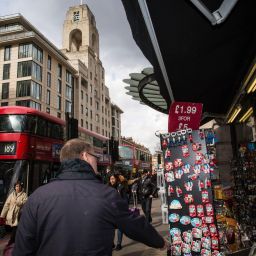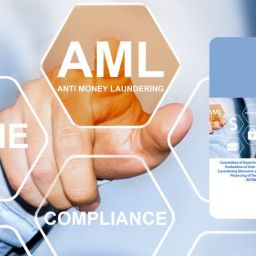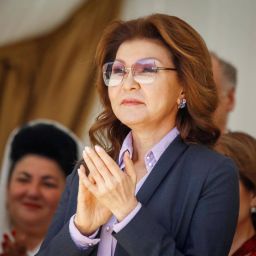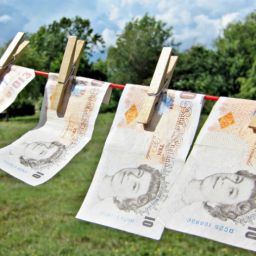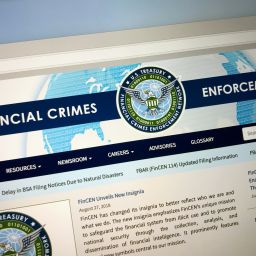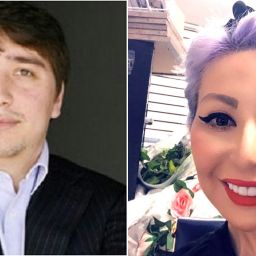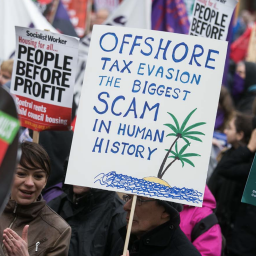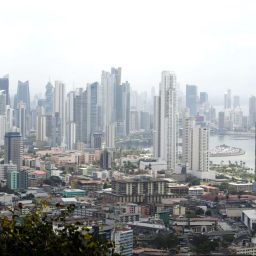MONEYVAL rebuked governments across Europe for failing to combat money laundering or police lawyers, accountants and other professionals who facilitate financial crime.
A key European watchdog has blasted the continent’s “particularly weak” defenses against criminal and terror financing, declaring that few governments adequately track the owners of anonymous shell companies and none sufficiently police the lawyers and accountants that serve them.
In a new report, MONEYVAL, the Council of Europe’s financial crime research arm, offers a scathing rebuke to governments across Europe for failing to tackle illicit money flows.
MONEYVAL prominently credits the work of the International Consortium of Investigative Journalists, which for the past decade has published extensively on the flow of dirty money through Europe to the rest of the world. Citing ICIJ’s 2021 Pandora Papers project, which was based on a giant leak of 14 so-called offshore service providers, MONEYVAL said the global journalism collaboration showed the “growing scale of the money laundering threat and the persistence of launderers.”
In the report’s introductory section, Elżbieta Frankow-Jaśkiewicz, MONEYVAL’s chair, said ICIJ’s repeated exposure of the role of lawyers and accountants in aiding money laundering caused the group to focus its attention last year on these so-called “gatekeeper” professions. ICIJ’s work, she wrote, showed that such professionals “can be complicit in large-scale transnational money laundering schemes involving corrupt politicians, as well as high-net worth individuals seeking to evade taxes.”
In its report, MONEYVAL said no European government effectively punishes lawyers, accountants and other gatekeeping professionals who break the law in facilitating financial crime. The report said only three countries had effective policing mechanisms to deter big banks from moving dirty money.
In 2020, ICIJ along with BuzzFeed News and more than 100 other media partners published the FinCEN Files, an investigation revealing the role of world’s biggest banks moving massive flows of dirty money through the financial system. The investigation found major compliance lapses and an attitude among banks of treating fines regulators impose on them as a cost of doing business. As a part of the project, ICIJ exposed major flows of suspect money through HSBC, Deutsche Bank, Danske Bank and other major European financial institutions.
Known formally as Committee of Experts on the Evaluation of Anti-Money Laundering Measures and the Financing of Terrorism, MONEYVAL is primarily a research organization and lacks legal authority to force European countries to strengthen their laws or increase enforcement budgets. The group is an arm of the Council of Europe, founded after World War II to promote human rights across the continent.
Although Europe has unified financial regulations that allow money to flow easily across borders, the continent lacks any unified anti-money laundering authority. “This combination fosters a vicious circle of erosion” around policing dirty money, according to a 2018 paper by researchers Joshua Kirschenbaum and Nicolas Véron. The result of uneven enforcement causes havens for financial crime to continuously emerge across Europe, which “undermines the integrity of the entire European system,” the authors wrote.
MONEYVAL’s report found that some countries in the Eurozone historically regarded as tax havens are backsliding while others are improving. Andorra, a small country between France and Spain, was downgraded this year in the group’s assessment of the government’s actions to stop dirty money. Another notorious tax haven, Cyprus, did appear to institute changes last year but too late for MONEYVAL to assess them.
Malta, another tax haven, made progress last year in implementing laws and regulations to protect against money laundering, the report said. The Holy See, the jurisdiction of Vatican City, also has made significant progress following previous critical assessments of its financial crime controls.
Only a small handful of countries have set up effective databases to help law enforcement identify the owners of anonymous shell companies, which are registered in the names of so-called nominee, or stand-in, officers and directors.
MONEYVAL found that only five countries collect ownership data in a way that is efficient for law enforcement to access. Yet the group said Gibraltar, another historic haven of secrecy, had taken steps to increase the transparency of ownership of companies registered there.
The watchdog’s report comes after a speech outlining various challenges in the fight against dirty money by the president of the primary global body of governments that sets policy standards for stopping financial crime.
In the speech late last month, Financial Action Task Force President Marcus Pleyer pointed to anonymous shell companies and trusts as a major continuing tool for terrorists and other criminals, and said that countries around the world are still struggling to achieve actual results. Countries “actually have to be effective in fighting money laundering and terrorist financing,” Pleyer said. “Often this means going beyond the minimum requirements to have a system in place that is fit for purpose, and one that can address the risks we all face.”
Original source of article: www.icij.org
